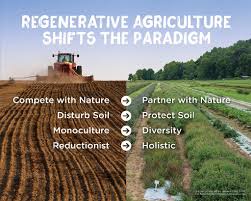The Soil of your Farm
- Hits: 1820
Conservation agriculture is a system that utilises soils for the production of crops with the aim of reducing excessive use of the soil and maintaining crop residues on the soil surface in order to minimise damage to the environment.
















